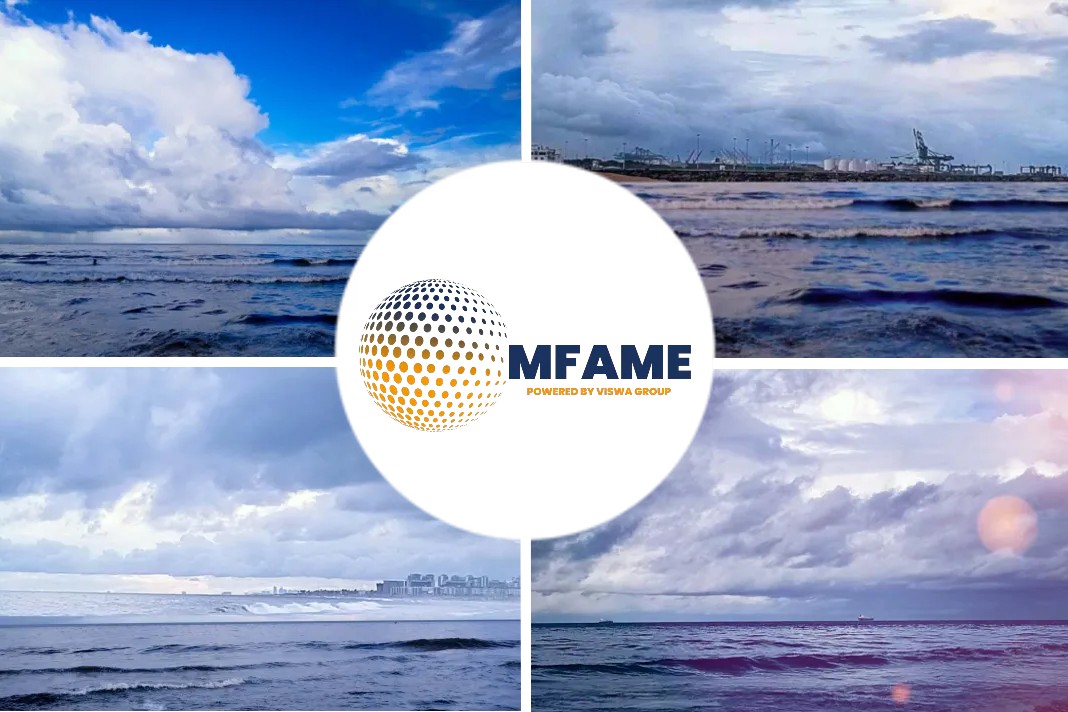New information about the rapidly warming Arctic continue to emerge, a new study published in Science found that the Western Arctic Ocean is acidifying four times faster than other ocean basins, says an article published on Maritime Executive.
Carbon emissions
With oceans absorbing over a third of all carbon dioxide in the atmosphere, cases of ocean acidification have been on the rise, as carbon emissions remain unabated.
Accelerated rate
The authors of the study – drawn from Polar and Marine Research Institute at Jimei University, China and the School of Marine Science and Policy at the University of Delaware – say that there is a strong correlation between the accelerated rate of ice melting in the Arctic and the subsequent ocean acidification in the region.
No longer survive
“Acidification is being driven by an increase in atmospheric carbon dioxide. By 2050 – if not sooner – scientists have predicted that Arctic ice will no longer survive the increasingly warm summer seasons. As a result of this retreat each summer, the ocean’s chemistry will grow more acidic, with no persistent ice cover to slow the advance,” said Prof. Wei- Jun-Cai, a marine chemistry expert and one of the study authors.
Region’s acidification
Prof. Cai and his collaborators analyzed Arctic Ocean data gathered from 1994- 2020 – the first time such as long-term perspective has been applied in studying the region’s acidification.
Specifically, the researchers focused on the Western Arctic Ocean, as the eastern side is controlled by Russia and has less data available.
Primary findings
One of the primary findings highlighted in the study is that sea-ice melt is the key mechanism behind the rapidly increasing Arctic Ocean acidity.
Three major ways
This is because it changes the physics and chemistry of the surface water in three major ways.
First, the water under the sea ice, which has a deficit of carbon dioxide, is exposed to the atmospheric carbon dioxide and can take up carbon more freely.
Second, the seawater mixed with meltwater is light and cannot mix easily into deeper waters, which means the carbon dioxide taken from the atmosphere is concentrated at the surface.
Third, the meltwater dilutes the carbonate ion concentration in the seawater, weakening its ability to neutralize the carbon dioxide into bicarbonate and rapidly decreasing ocean pH – hence acidification.
Lower buffer capacity
“If all of the multiple-year ice is replaced by first-year ice, then there will be lower alkalinity and lower buffer capacity and acidification continues,” Prof. Cai added.
Collapse of marine ecosystems
Ocean acidification is a growing concern even in the other ocean basins.
It is associated with coral bleaching, causing collapse of marine ecosystems that depend on healthy corals.
Sensitive environment
In a sensitive environment such as the Arctic, biological consequences to marine life could be higher.
“We are far from knowing what the cost is for biological systems. We do not know what organisms could be affected. This is something the biological community needs to look into,” noted Prof. Cai.
Did you subscribe to our daily Newsletter?
It’s Free! Click here to Subscribe
Source: Maritime Executive

























